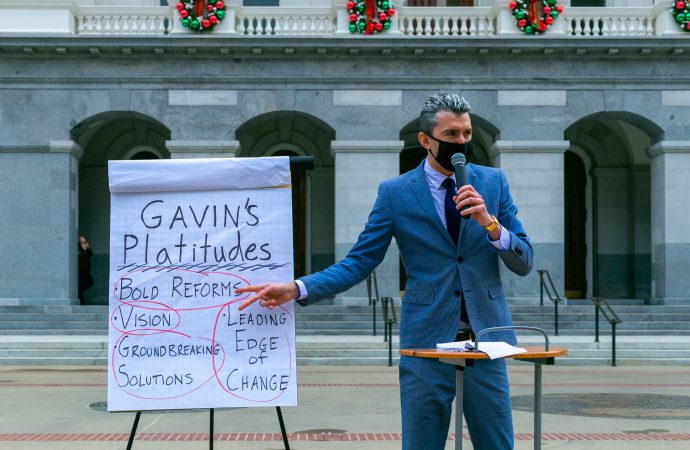Amidst the political gridlock that seems to have taken over most of the democratic world, many citizens are left wondering how decisions are made in the corridors of power. The deadlock that has engulfed many democracies is a source of concern for both the citizens and the politicians themselves. At its core, democracy is all
Amidst the political gridlock that seems to have taken over most of the democratic world, many citizens are left wondering how decisions are made in the corridors of power. The deadlock that has engulfed many democracies is a source of concern for both the citizens and the politicians themselves.
At its core, democracy is all about the people, but when politicians become entrenched in their own partisan beliefs, it can be difficult to find common ground and reach a compromise. In such times, it is essential to understand how decisions are made and what factors come into play. Cracking the code of political decision-making is crucial if we are to navigate through these troubled waters and move forward as a society.
So, how can we unlock the secrets of political decision-making in times of gridlock? First and foremost, it is important to recognize that politicians are human beings too, and they are influenced by a variety of factors, including their own beliefs, their party’s agenda, and public opinion. Understanding these factors is essential if we are to decode the decision-making process and find ways to break through the gridlock.
Another key factor in unlocking political decision-making is transparency. The public has the right to know how decisions are made and who is making them. This is particularly important in times of gridlock, where the decisions made can have far-reaching consequences for society. By increasing transparency and making the decision-making process more open, we can hold politicians accountable and ensure that decisions are made in the best interests of the people.
In addition, it is important to foster an environment of cooperation and compromise. Politicians need to be willing to listen to opposing views and find ways to reach a consensus. This requires a willingness to put aside partisan differences and work together for the common good. It also requires a willingness to make difficult compromises and trade-offs, which can be challenging in a political environment that often values rigid adherence to ideology.
Ultimately, cracking the code of political decision-making in times of gridlock requires a willingness to understand and empathize with those on the other side of the aisle. It requires a recognition that compromise is essential if we are to move forward as a society. And it requires a commitment to transparency, openness, and accountability in the decision-making process.
In conclusion, understanding how decisions are made in times of gridlock is essential if we are to navigate through the challenges facing modern democracies. By fostering an environment of cooperation and compromise, increasing transparency, and recognizing the human factors that influence political decision-making, we can begin to unlock the code of political decision-making and find a way forward.

















Leave a Comment
Your email address will not be published. Required fields are marked with *